I always knew becoming a mum would be a big adjustment. I like order and structure, and need 9 hours of sleep each night to feel human – not a great match for motherhood, I know. I was well prepared – well as prepared as anyone who’s not run the gauntlet of parenthood before can be – for the fact that life with a newborn would look nothing like a Huggies commercial, and as a clinical psychologist who works with lots of new parents – new mums with postnatal anxiety/depression in particular – I was on the lookout for postnatal depression because I knew I was high risk. What I didn’t expect was postnatal PTSD. I wasn’t that familiar with it, and I when I think of PTSD, I can’t say newborns in onesies are what spring to mind, but it was part of my induction to motherhood, and it blindsided me.
With hindsight, I can see that things started to unravel before Harrison was even born. Our pregnancy was planned and we were lucky enough to fall pregnant relatively easily, but it wasn’t an easy pregnancy. Five weeks in, I developed really severe nausea and vomiting, and I spent most of the next few months curled up in the fetal position on the bathroom floor. It wasn’t a particularly joyous time. Around the 20-week mark, the nausea lessened and my vomiting settled to just a few times a day, but I was pretty sick most of my pregnancy. As grateful as I am that I was able to conceive, if I’m honest, there’s not much I enjoyed about being pregnant. To be fair, I don’t think anyone would enjoy having food poisoning for months on end, and for me, that’s what pregnant life was like.
And then Harrison came barreling into the world at 33 weeks. He caught us completely off guard, and because my partner, Shane, was in rural Queensland for work – his last scheduled pre-birth work trip – he missed the birth. Truth be told, part of me feels like I missed the birth as well. Don’t get me wrong, I felt it, there’s just a lot I don’t remember. I remember Harrison being placed on my chest after he was born, but it was brief, and he was whisked away to the special care nursery shortly after. It was all a bit surreal, and I felt detached, like everything that was happening around me was happening to someone else. I don’t remember feeling joy. I didn’t feel love. I just felt numb. Looking back now, I can see I was in shock.
The nurses kept telling us Harrison was a ‘perfect baby’ during his time in the special care nursery, but things didn’t stay that way once we were home. Out of nowhere, he started screaming. Relentlessly. He would scream all day, every day, and sleep in bursts of about 45-60 minutes, never for more than 7-8 hours total in a 24-hour period.
I felt completely inadequate and useless. I wasn’t sleeping, I couldn’t eat, and my nerves were on edge. Any time he made even the slightest whimper or gurgle, my heart would race, I’d break out in a cold sweat, and it would feel like I couldn’t breathe. So many people kept saying, ‘cherish this time, it goes so quickly’, and all I could think was – when? When does it start to go quickly? Because I felt trapped, like I’d made the biggest mistake of my life, and time didn’t seem to be moving.
I tried asking for help, but it wasn’t all that forthcoming. The community nurse who visited told me it was normal to feel overwhelmed and to try not to worry so much. My next point of contact, a GP, told me that motherhood is always harder than you think it’s going to be, and patted my arm as she saw me on my way. A second GP told me not to worry, bub seemed to be gaining weight nicely so there was no cause for concern. The third told me that babies cry, sleeplessness is par for the course for all new parents, and suggested I try to get more sleep.
I’d been clinging to the hope that what was happening wasn’t normal, that there was something wrong. Because if there wasn’t, it had to be me, I had to be what was wrong. And after that third GP appointment, it felt like that was the case. I don’t think I’ve ever felt so hopeless.
But then two things happened that changed everything. After a particularly awful day, I called a girlfriend in tears and she said, ‘I don’t care how many doctors you’ve seen and what they’ve told you. I have three children, this isn’t normal. Go back again and don’t leave until they listen’. It was exactly what I needed to hear to recover enough confidence to keep asking for help. I didn’t want to see another GP, so I made an appointment with the neonatal paediatrician we’d seen in the special care nursery, and he said the words I’d desperately needed to hear – ‘I believe you. There’s something wrong and I’m going to help you’.
And he did. And once he’d been treated for silent reflux, started prescription formula for a cow’s milk allergy, and had surgery for a double hernia, Harrison was a much happier – and quieter – baby. But his health improved far more quickly than my anxiety. For close to 18 months I was on edge, waiting for things to unravel again, and the smallest things would send me into a panic. Harrison would cry for slightly longer than was normal – his new normal, not the ‘normal’ of the first few months – and I’d be hit by memories of the many nights I’d spent standing under the shower, hands over my ears, desperate for a break from his screams. A bird would sing outside our bedroom window and my heart would start to race, because I thought it was him crying, and I was terrified – irrationally at this point – that I wouldn’t be able to get him to stop.
I don’t know that there was a definite turning point where I started to get better, it was more of a gradual process. Finding a GP I could trust and speak openly with was definitely important – and something I wish I’d taken the time to invest in earlier – medication played an important role for a while, and I had a lot of support – a huge amount – from family and friends, both the practical and emotional kind.
Via a recommendation from another mum, I was lucky enough to meet Sue, a mothercraft nurse who was incredibly compassionate and knowledgeable, and she helped me find my parenting instincts, which went a long way towards quelling my panic as well. And as I found my feet, I used exposure therapy to recalibrate my anxious reactions to Harrison – to his crying, but also things like his little grizzles and the noise of him rustling around in his cot – and that helped a lot too.
I still feel sad that for me, becoming a mum wasn’t a happy experience. It was traumatic, and all the moments and milestones that should have been joyful, weren’t. But the older Harrison gets, the less that matters. We might have gotten off to a shaky start, but the relationship we have now is rock solid, and that’s what matters to me most. I didn’t’ think it would ever happen, but any feelings I had of feeling suffocated and trapped are gone, and so is my anxiety. Now when I think of my son, I just feel happy.
If you’re still in the midst of postnatal anxiety, depression, or PTSD – hang in there. I know it doesn’t feel like it right now, but it will get better and there are people who can help. Keep going, motherhood gets better.
Sarah's Story
Please submit your details below and we will be in touch soon.
Related Fact Sheets

a new mum's story
this Christmas



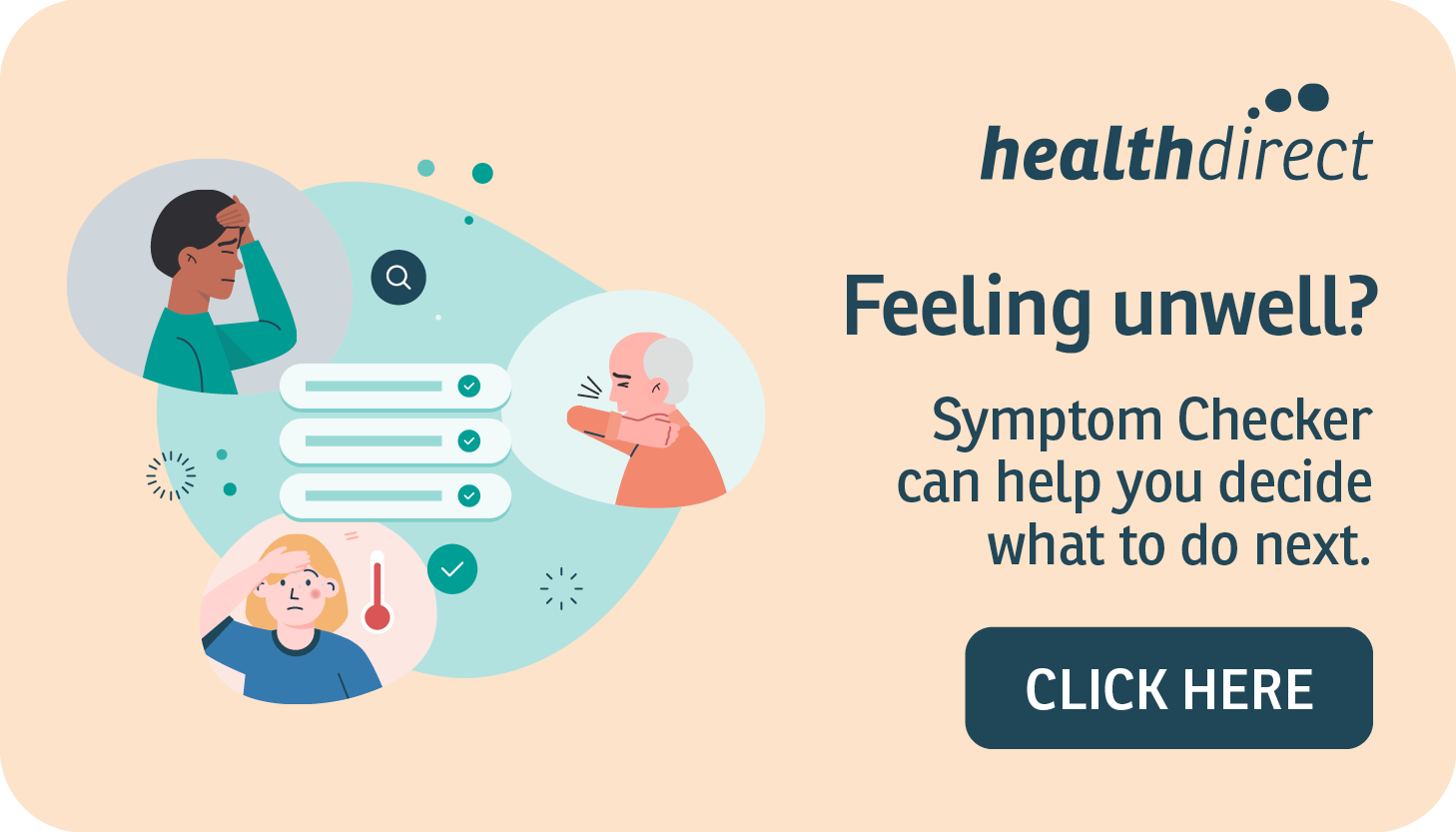

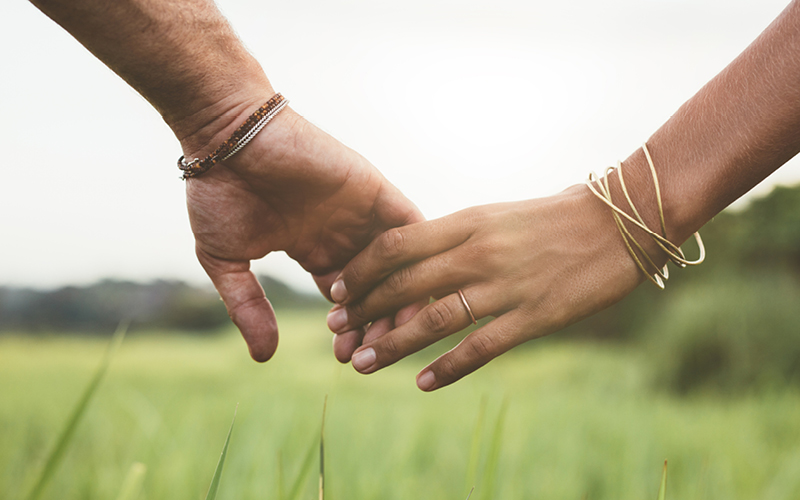



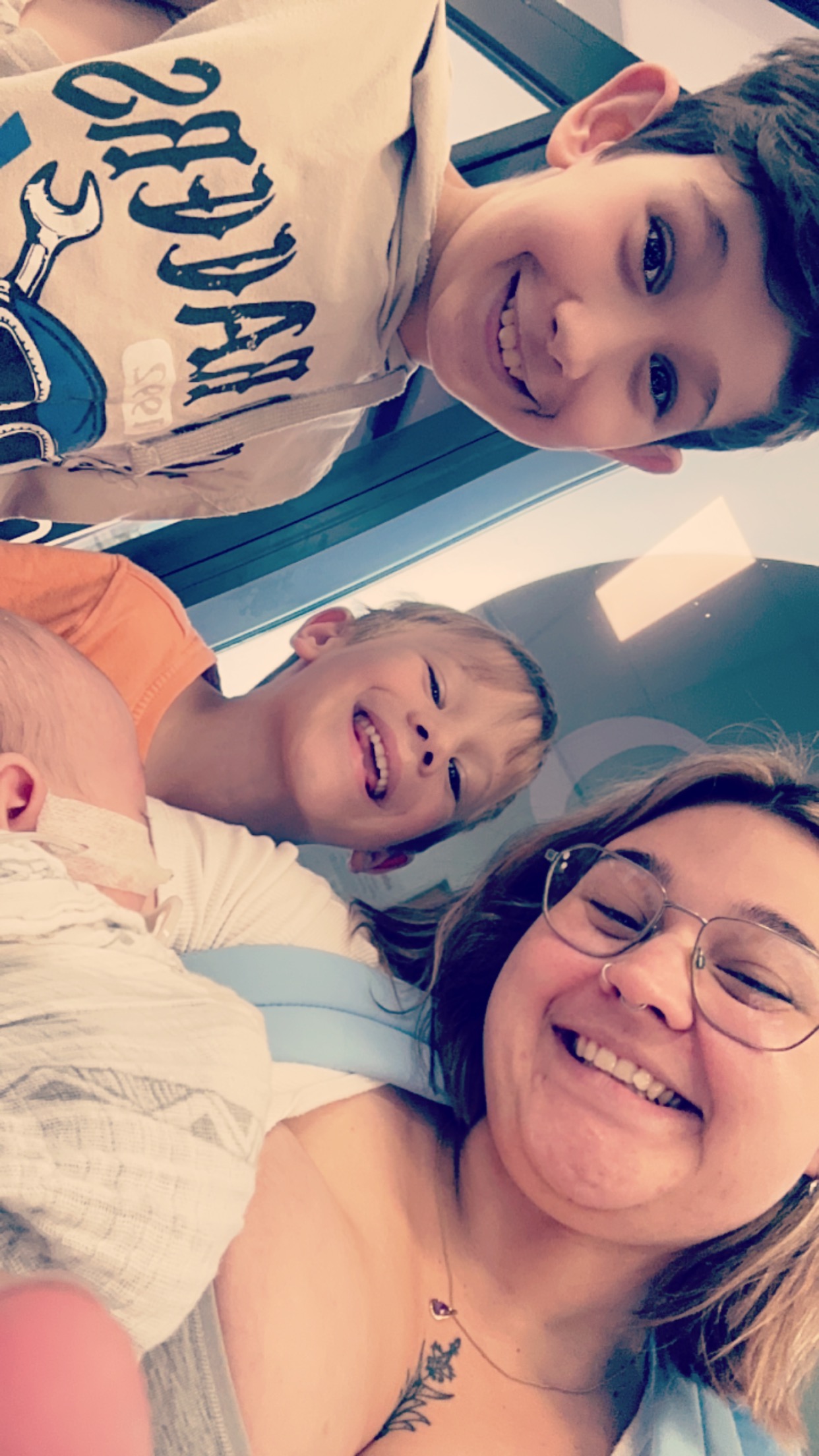
.jpg)

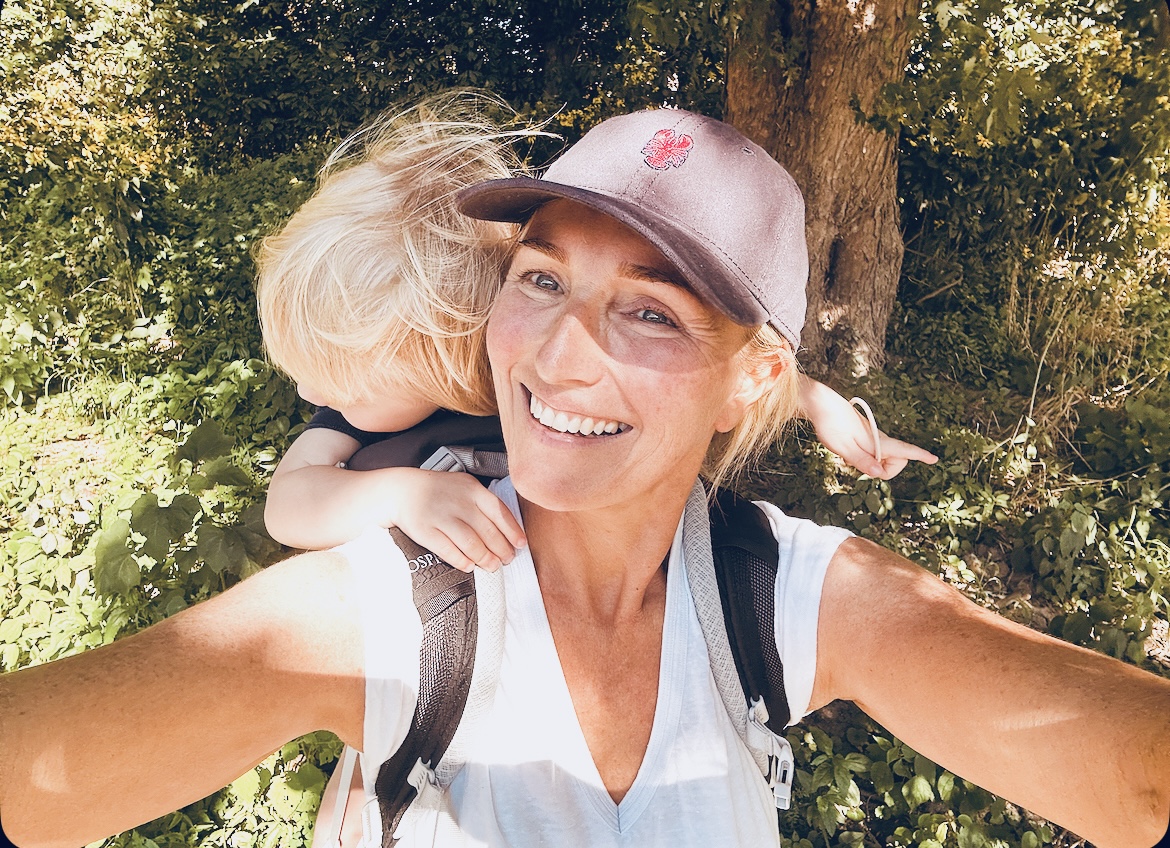
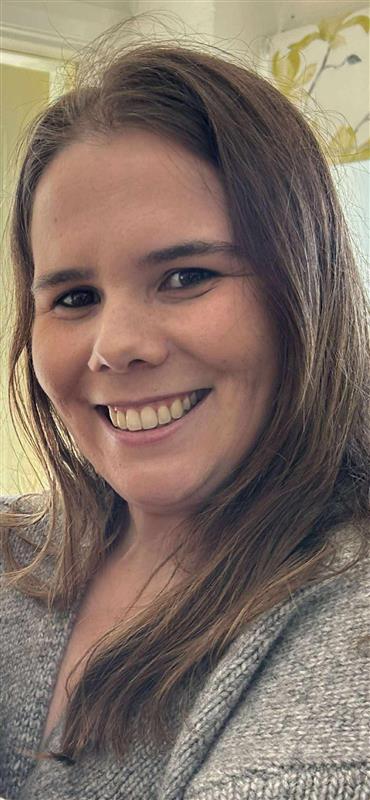











.png)

